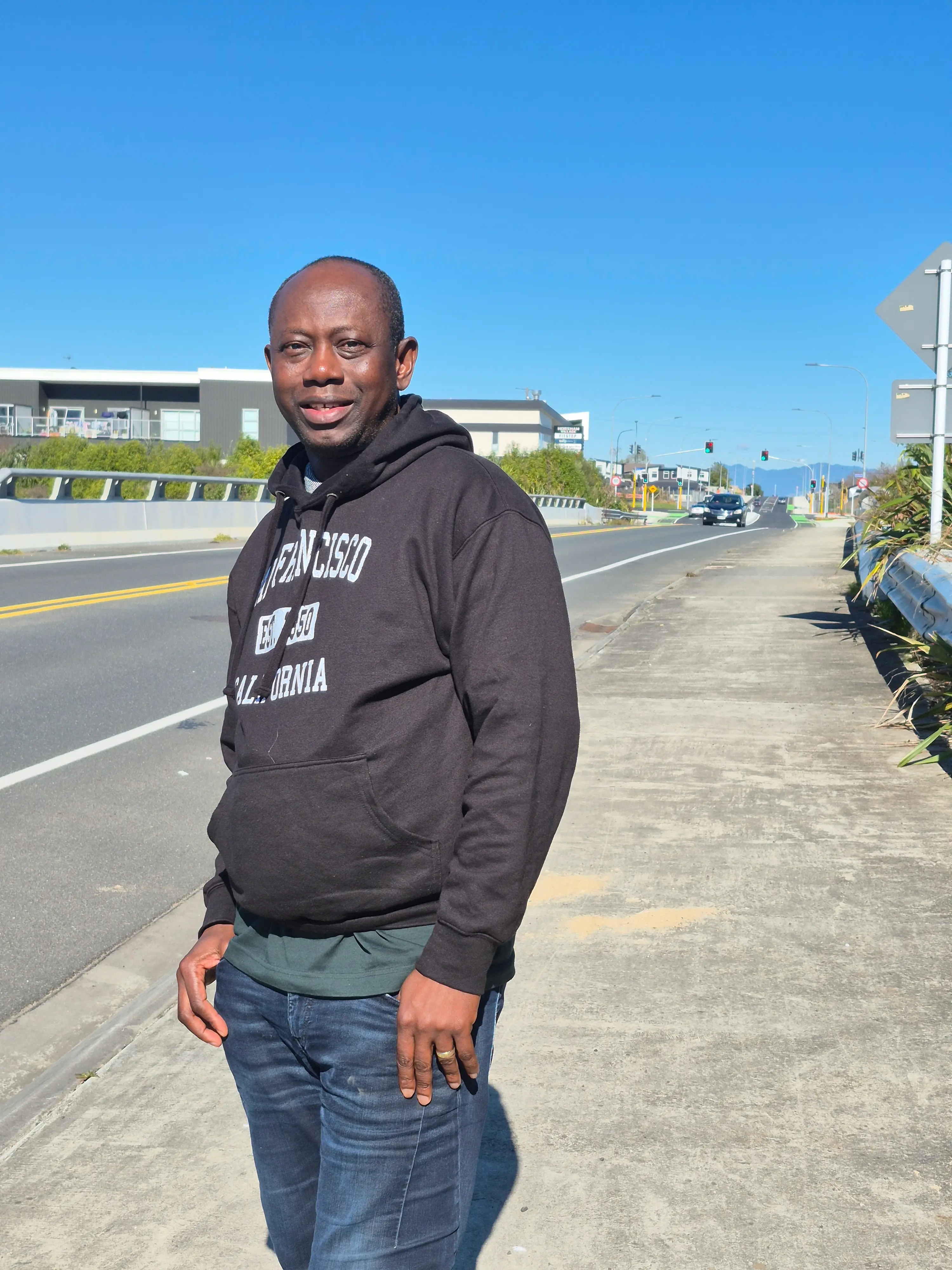
Liberty Efemwenghian Olaye
Backed by a Master of Disability and Inclusion Studies from Waikato, disability advocate Liberty Efemwenghian Olaye is pushing for policy change back home in Nigeria.
Hamilton

Qualification(s)
Subject(s)
A pharmacist by trade, Liberty Efemwenghian Olaye would regularly visit a disability support company near the hospital he worked at back home in Nigeria. What he saw opened his eyes to the lack of disability support available and sparked an interest in advocacy. “There were a lot of people who didn’t know what to do with themselves, the care wasn’t enough, and the company needed more hands than were available.”
After three years of volunteering as a support worker around his pharmaceutical job, Liberty decided to take action. “I realised I needed to learn about the regulations, the principles, the ethics, and the laws that govern disability support, instead of just supporting with no awareness of boundaries and possible avenues for more help.”
He ultimately settled on the Master of Disability and Inclusion Studies at the University of Waikato for that formal training. “I looked at the universities around New Zealand, in the US and Canada. I like places that are natural and culturally sensitive, Waikato has a very good culture and doesn’t feel too much like I’m away from my own home.”
Liberty particularly enjoyed talking to people with disabilities as part of his study, learning about their lived experiences and how he could better advocate for their care. Studying through the Division of Education, a large part of his master’s programme also investigated techniques to encourage and assist children with intellectual disabilities in the classroom. “Sometimes you see them become free, and sometimes there are things they cannot do. But there are principles and techniques that can be applied, like repetition and digital learning.”
Now working as a disability support worker at Vision West in Waikato, he’s using his newfound knowledge to lobby policymakers back in Nigeria to change their approach to disability care. “Even if I go back to Nigeria and work for a support company now, there’s nothing I can do when the policies are different. New Zealand has people with disabilities making policies, so there is lots of support here, and lots of environments for people with disabilities to survive, thrive and be happy. I’m trying to pass on the advice and experience that I learnt through my master’s.”

Qualification(s)
Subject(s)
